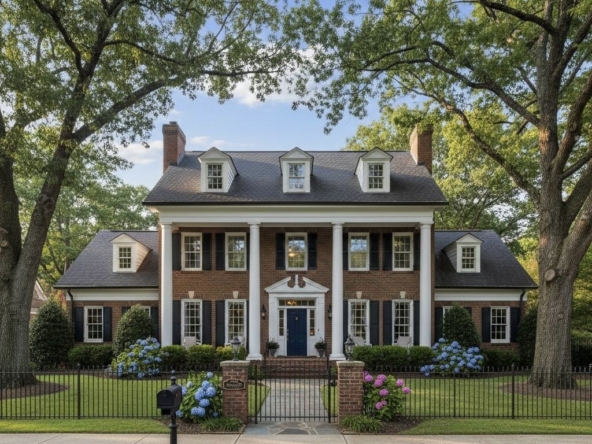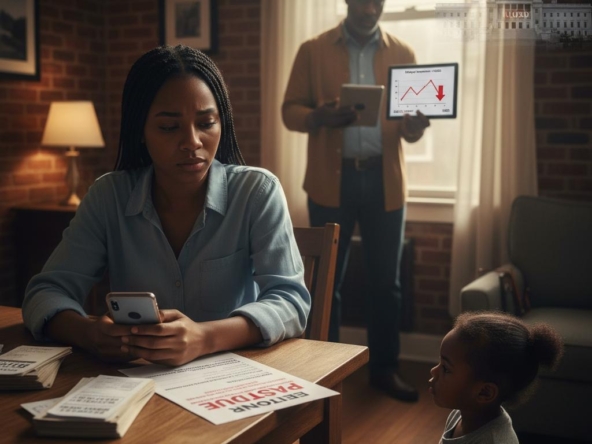Whether you’re renting a home or managing a property, understanding Georgia’s landlord-tenant laws is crucial. In Atlanta, landlords have responsibilities—and limits. If you’re a tenant, it’s important to know what your landlord cannot legally do so you can protect your rights.
Here’s a breakdown of what landlords in Atlanta, Georgia are prohibited from doing under state and local laws:
🚫 1. Cannot Enter Without Proper Notice
A landlord cannot enter a rental property at random or without notice. While Georgia law does not specify a set number of hours for notice, a landlord must provide reasonable notice and get consent before entering—except in emergencies like fire or flooding.
🛑 2. Cannot Change Locks or Remove Tenant’s Property Without Eviction
Locking out a tenant, removing belongings, or shutting off utilities to force someone to leave is illegal. This is called a “self-help” eviction and is strictly prohibited. Landlords must go through the legal eviction process via the courts.
⚖️ 3. Cannot Discriminate Against Tenants
Under the Fair Housing Act, landlords in Atlanta cannot discriminate against tenants based on race, color, religion, national origin, sex, disability, or familial status. Local ordinances may also protect against discrimination based on sexual orientation or gender identity.
💸 4. Cannot Withhold Security Deposit Without Just Cause
Landlords must return the security deposit within one month after the lease ends and the tenant moves out. They can only deduct from the deposit for actual damages (not normal wear and tear) and must provide an itemized list of deductions.
🏚️ 5. Cannot Ignore Habitability Issues
Landlords must maintain rental units to be safe and livable. This includes working plumbing, heating, electrical systems, and addressing issues like mold or pest infestations. Failure to make necessary repairs may allow a tenant to withhold rent or break the lease.
📜 6. Cannot Raise Rent During the Lease Term
Once a lease is signed, the rent amount is locked in for that term. A landlord cannot raise rent until the lease is renewed—unless the lease includes a specific clause allowing for increases (e.g., utilities or taxes).
💼 7. Cannot Retaliate Against Tenants
If a tenant complains to code enforcement, joins a tenant union, or exercises any legal rights, the landlord cannot retaliate by raising the rent, evicting the tenant, or reducing services. Retaliation is illegal under Georgia law.
🧾 8. Cannot Evict Without Cause if There’s a Lease
If you’re on a fixed-term lease, your landlord cannot evict you before the lease ends without cause. Valid reasons may include non-payment of rent, lease violations, or illegal activities. Even then, the landlord must follow due process.
Being a landlord or a tenant in Atlanta comes with responsibilities and rights. Landlords must follow state and local regulations, and tenants should know when those lines are crossed. If you feel your landlord is violating your rights, you can reach out to the Georgia Department of Community Affairs, a local housing agency, or an attorney for guidance.




